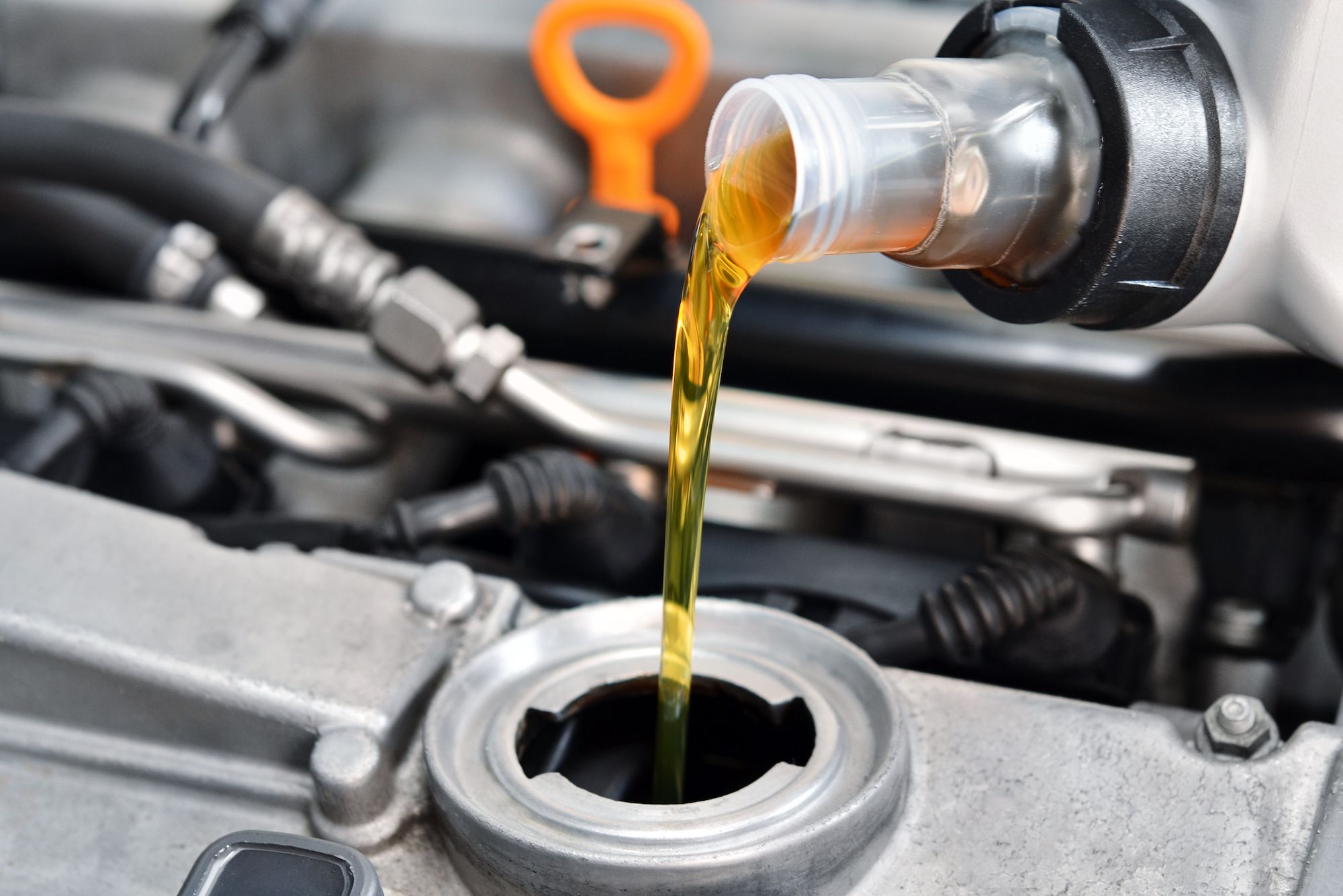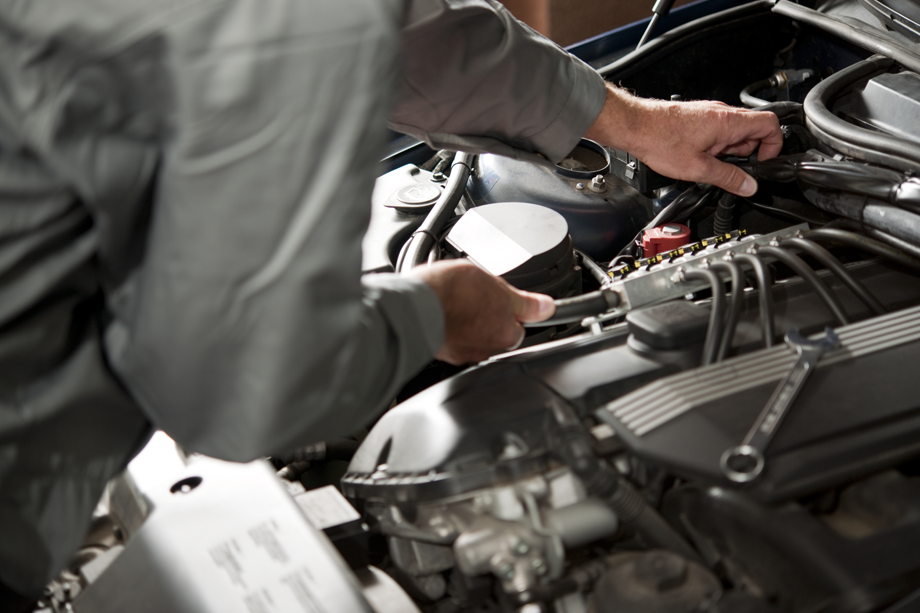All Categories
Featured
Automotive fixing insurance is an important factor to consider for numerous vehicle proprietors who wish to safeguard themselves against unforeseen repair service expenses. Understanding the details of this insurance coverage and exactly how it functions can assist you make an educated choice about whether it's appropriate for you.
![]()
What Is Automotive Repair Insurance Policy?
Automotive fixing insurance policy, additionally called mechanical failure insurance (MBI), is a kind of insurance coverage that assists pay for non-accident-related lorry repair work. This insurance coverage generally covers major mechanical failings, making it unique from common vehicle insurance policy, which concentrates on responsibility, accident, and extensive coverage.
What Does It Cover?
The coverage given by vehicle repair insurance usually consists of:
Engine Parts: Such as the fuel pump, camshaft, and valves.
Transmission Equipments: Including clutches, torque converters, and transmissions.
![]()
Electrical Systems: Dealing with repairs for sensors, alternators, and batteries.
Air Conditioning Equipments: Such as radiators, water pumps, and cooling down followers.
Cooling and Heating: Covering compressors, condensers, and relevant elements.
Left out things frequently include routine maintenance, typical wear and tear (like tires and brakes), and problems triggered by neglect or crashes.
Who Should Take Into Consideration Automotive Fixing Insurance?
Automotive fixing insurance policy is not a necessity for each chauffeur, but it can be beneficial for:
Proprietors of Older Autos: Older cars and trucks with ended warranties are a lot more most likely to face significant repair services.
Deluxe Automobile Drivers: High-end designs typically feature expensive repair work requires that can strain your budget plan.
Regular Motorists: High mileage raises the risk of mechanical failure, making insurance coverage a wise selection.
![]()
Benefits of Automotive Repair Work Insurance
Cost Cost savings: Helps in reducing the financial burden of expensive repairs.
Comfort: Offers peace of mind that you're planned for unexpected concerns.
Adjustable Plans: Numerous insurance companies offer plans tailored to details demands and spending plans.
Ease: Some plans include roadside support and towing solutions.
What to Seek in a Policy
Before buying vehicle repair service insurance, evaluate these variables:
Coverage Boundaries: Make sure the plan covers significant systems and components that are most likely to need repair work.
Exclusions: Comprehend what's not covered to avoid surprises.
Case Process: Examine whether the insurance company has a straightforward and quick cases process.
Accepted Fixing Shops: Validate if you're limited to certain service centers.
Deductibles: Know just how much you'll require to pay out-of-pocket prior to the insurance coverage kicks in.
Is It Worth the Expense?
The value of vehicle repair insurance depends upon your lorry's age, reliability, and your monetary circumstance. For newer vehicles, expanded warranties might offer adequate protection, making added insurance policy unneeded. However, for older or high-mileage cars and trucks, fixing insurance can save you significant money over time.
Conclusion
Automotive repair work insurance policy provides a security web for automobile proprietors, specifically those concerned concerning unanticipated fixing costs. By thoroughly investigating plans and understanding your car's particular demands, you can make a decision if this coverage lines up with your monetary objectives and driving practices. For optimal defense, set repair work insurance coverage with routine maintenance to guarantee your cars and truck remains in leading condition.

What Is Automotive Repair Insurance Policy?
Automotive fixing insurance policy, additionally called mechanical failure insurance (MBI), is a kind of insurance coverage that assists pay for non-accident-related lorry repair work. This insurance coverage generally covers major mechanical failings, making it unique from common vehicle insurance policy, which concentrates on responsibility, accident, and extensive coverage.
What Does It Cover?
The coverage given by vehicle repair insurance usually consists of:
Engine Parts: Such as the fuel pump, camshaft, and valves.
Transmission Equipments: Including clutches, torque converters, and transmissions.

Electrical Systems: Dealing with repairs for sensors, alternators, and batteries.
Air Conditioning Equipments: Such as radiators, water pumps, and cooling down followers.
Cooling and Heating: Covering compressors, condensers, and relevant elements.
Left out things frequently include routine maintenance, typical wear and tear (like tires and brakes), and problems triggered by neglect or crashes.
Who Should Take Into Consideration Automotive Fixing Insurance?
Automotive fixing insurance policy is not a necessity for each chauffeur, but it can be beneficial for:
Proprietors of Older Autos: Older cars and trucks with ended warranties are a lot more most likely to face significant repair services.
Deluxe Automobile Drivers: High-end designs typically feature expensive repair work requires that can strain your budget plan.
Regular Motorists: High mileage raises the risk of mechanical failure, making insurance coverage a wise selection.

Benefits of Automotive Repair Work Insurance
Cost Cost savings: Helps in reducing the financial burden of expensive repairs.
Comfort: Offers peace of mind that you're planned for unexpected concerns.
Adjustable Plans: Numerous insurance companies offer plans tailored to details demands and spending plans.
Ease: Some plans include roadside support and towing solutions.
What to Seek in a Policy
Before buying vehicle repair service insurance, evaluate these variables:
Coverage Boundaries: Make sure the plan covers significant systems and components that are most likely to need repair work.
Exclusions: Comprehend what's not covered to avoid surprises.
Case Process: Examine whether the insurance company has a straightforward and quick cases process.
Accepted Fixing Shops: Validate if you're limited to certain service centers.
Deductibles: Know just how much you'll require to pay out-of-pocket prior to the insurance coverage kicks in.
Is It Worth the Expense?
The value of vehicle repair insurance depends upon your lorry's age, reliability, and your monetary circumstance. For newer vehicles, expanded warranties might offer adequate protection, making added insurance policy unneeded. However, for older or high-mileage cars and trucks, fixing insurance can save you significant money over time.
Conclusion
Automotive repair work insurance policy provides a security web for automobile proprietors, specifically those concerned concerning unanticipated fixing costs. By thoroughly investigating plans and understanding your car's particular demands, you can make a decision if this coverage lines up with your monetary objectives and driving practices. For optimal defense, set repair work insurance coverage with routine maintenance to guarantee your cars and truck remains in leading condition.
Latest Posts
Find Out Why Chicago Drivers Select Montclare Auto Repair for Reliable Service and Significant Savings
Published May 26, 25
1 min read
Uncover Premier Auto Repair Care offered by Montclare Auto Repair – Keep Your Car Running Smoothly
Published May 24, 25
1 min read
Discover Reduce Expenses on Car Maintenance with Montclare Auto Repair’s Limited-Time Deals
Published May 23, 25
1 min read
More
Latest Posts
Find Out Why Chicago Drivers Select Montclare Auto Repair for Reliable Service and Significant Savings
Published May 26, 25
1 min read
Uncover Premier Auto Repair Care offered by Montclare Auto Repair – Keep Your Car Running Smoothly
Published May 24, 25
1 min read
Discover Reduce Expenses on Car Maintenance with Montclare Auto Repair’s Limited-Time Deals
Published May 23, 25
1 min read